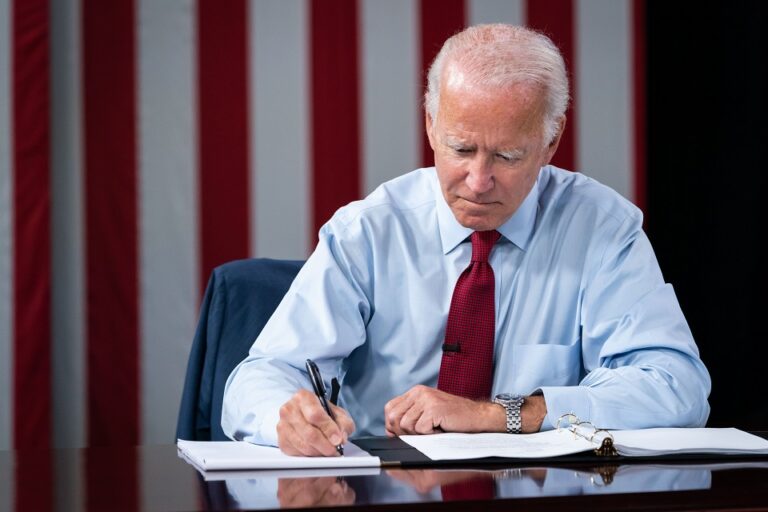
Frequently Asked Questions (FAQs)
Here are answers to some of the most common questions people have when choosing an executor.
What are the responsibilities of an executor of a will?
The executor’s duties are extensive and require careful attention to detail. While the specifics can vary by state, the core responsibilities typically include:
- Locating the Will: Finding the original, signed will of the deceased.
- Filing for Probate: Submitting the will to the appropriate probate court to begin the legal process.
- Notifying Parties: Officially notifying beneficiaries, heirs, and creditors of the death.
- Inventorying Assets: Locating, inventorying, and securing all assets of the estate, from bank accounts and real estate to personal belongings. This often requires getting assets professionally appraised.
- Managing the Estate: Setting up a separate bank account for the estate, paying ongoing bills (like a mortgage or utilities), and managing property until it can be distributed or sold.
- Paying Debts and Taxes: Paying all legitimate debts of the deceased from estate funds. This also includes filing a final income tax return for the deceased and an estate tax return if required.
- Distributing Assets: After all debts and taxes are paid, the executor distributes the remaining property to the beneficiaries according to the instructions in the will.
- Closing the Estate: Filing a final accounting with the probate court to show that all duties have been completed, and then formally closing the estate.
Can my executor live in a different state?
Yes, in most cases, you can name an out-of-state executor. However, it can introduce complications. The probate process is handled in the state where the deceased resided, so an out-of-state executor may need to travel frequently for court dates or to manage tangible assets like a house. This can increase costs for the estate. Some states also have extra requirements for non-resident executors, such as posting a bond, which is a type of insurance policy that protects the estate from mishandling. It’s crucial to discuss this with your estate planning attorney.
Does an executor get paid?
Yes. An executor is entitled to compensation for their work. The amount is determined by state law and is typically a “reasonable fee.” Some states calculate this as a percentage of the estate’s value, while others base it on the amount of work performed. The fee is paid from the assets of the estate. An executor, particularly a close family member, can choose to waive their fee.
Can I name more than one executor?
You can name co-executors to serve jointly. This can be a good idea if you want to balance different skill sets (e.g., one child who is good with finances and another who is an excellent communicator). However, it can also lead to delays and disagreements if the co-executors cannot work together, as they often must both approve decisions. If you choose this path, be certain your selected co-executors have a proven track record of collaboration.
What happens if I don’t name an executor in my will?
If your will is valid but fails to name an executor, or if your named executor cannot serve and you have no successor, the court will appoint someone to act as the estate administrator. State law provides a priority list of who is eligible, which typically starts with the surviving spouse, then adult children, then other relatives. While the court will try to appoint a close family member, it will not be the person you specifically chose for the role.
Who should I name as my executor if I have no family or close friends?
This is a situation where a professional executor is an excellent choice. You can name a trusted professional, such as your longtime attorney or accountant, provided they offer such services. Alternatively, you can name a corporate trustee, such as the trust department of a bank or a private professional fiduciary company. They have the expertise, impartiality, and longevity to ensure your estate is handled correctly, providing you with complete peace of mind.




